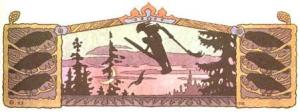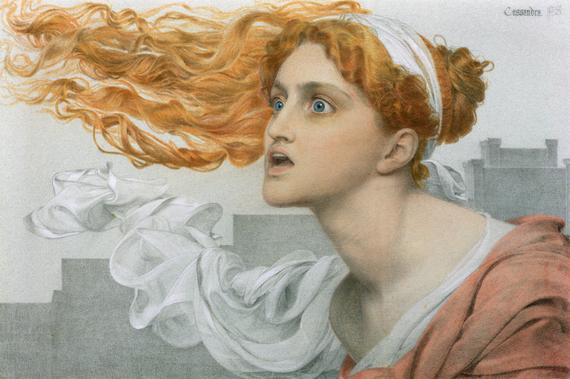Vida’s 2011 count is in, and it looks a lot like the numbers from 2010. Oh there have been some improvements—Granta had more women authors—but overall the field is still male dominated. There are many complex reasons for these numbers. A ton has already been written about them, and I am not in positions to try to understand everything that contributes to them.
However, one thing that contributes to these numbers is that a very particular type of male perspective is often treated as the default or the “normal” one, and all other perspectives are in turn “abnormal.” This may mean that some work is dismissed as unimportant, as has been done to many women authors who write about domestic issue. Hell, even a writer as important as Jane Austen gets criticized for writing books about marriage. This bias may also mean that when a woman writes about other topics her perspective is dismissed as unrealistic. I’ve known non-fiction writers who when writing about harassment, abuse, and assault were called liars by their classmates. This bias doesn’t just affect women, but men who are of a different race, religion, sexual orientation, or socio-economic status than the “norm.”
I’m not saying that this bias is the only or even the major cause of the low numbers, but I think that it plays a role in them. Hell, I’ve been guilty of subscribing to this bias, why else would I think, as a teenager, it was weird that I, a female, would want to explore horror, death, religion and myth in my writing?
As I’ve been reading the comments and articles on Vida’s count, I see one point brought up again and again: what are the numbers of women submitting. This question is a legitimate one, but much to my chagrin it’s often use to dismiss the numbers. If less women are submitting we should ask why, not claim that there’s no problem. Also, I would like to note that no one—based on what I’ve read—has compiled actual numbers on how many women submit.
I submit a lot, but now I’m going to redouble my efforts. In fact, I would like to imagine that whenever a woman writer hears someone say “The reason women don’t get published is because they don’t submit,” she’ll say to herself “Well, I’ll fix that,” and submits even more. I hope that when anyone—regardless of gender, race, religion, sexual-orientation, or class—sees that they are underrepresented, that their stories are not being told, they will then drown publications with their submissions.









